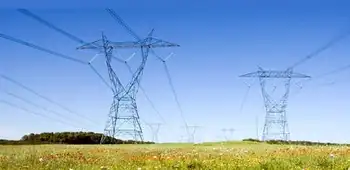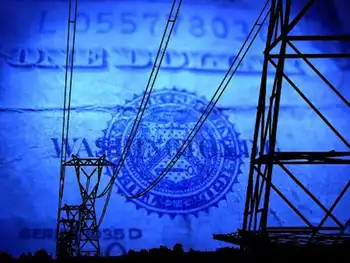Survey Shows Online Power Trading Growing
NEW YORK - -- Electricity trading continued to move online in the past six months, but most wholesale power deals are still being done through traditional voice brokerages, the latest Energy Argus survey has found. Internet-based trading now makes up 38% of trading in the US, up from 28.5% in February and 25% in April 2000, according to Argus data.
Most online trading is done through either IntercontinentalExchange or EnronOnline, each of which have more than a third of the electronic market, the survey of 40 power traders found. However, another 24% of the transactions are completed through a variety of other platforms, including DynegyDirect, Bloomberg Powermatch and TradeSpark.
Although their market share has declined from 75% two years ago, traditional brokers continue to process most power trades, due to their ability to offer options and other derivatives, their dominance in the short- term physical markets and some trading houses' reluctance to embrace online technology.
For a full copy of the Energy Argus Survey, please send your request to mailto:info@energyargus.com.
Energy Argus Inc., the youngest company in the Argus group, is dedicated to creating a knowledge and analysis resource for the power industry in the US and Europe. Energy Argus covers news and prices as well as focusing on reporting on all developments that might have a medium- or long-term impact on power markets. The guiding principle in our coverage is to ensure market and industry relevance. "Cutting through the noise" means rigorous culling of hype and fluff and a sharp focus on market-moving developments, whether it's short-term plant operations or long-term political maneuvers.
Related News

New England Emergency fuel stock to cost millions
CONCORD - Electricity ratepayers in New England will pay tens of millions of dollars to fossil fuel and nuclear power plants later this decade under a program that proponents say is needed to keep the lights on during severe winters but which critics call a subsidy with little benefit to consumers or the grid.
Last week the Federal Energy Regulatory Commission said ISO-New England, which runs the six-state power grid, can create what it calls the Inventoried Energy Program or IEP. This basically will pay certain power plants to stockpile of fuel for use in emergencies during two upcoming winters as…




